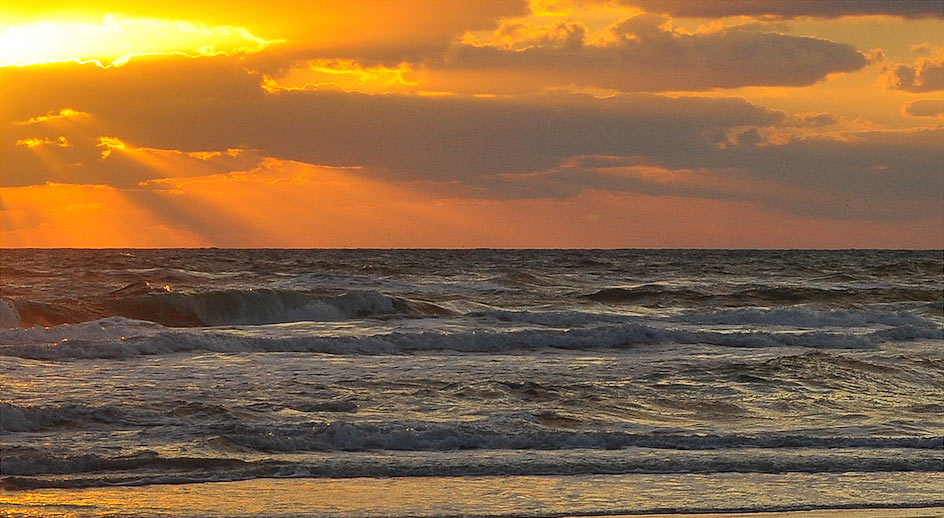Support Local Honey — Even in Big Cities
Honey On The Rooftop in D.C.
Urban beekeeping is quickly gaining momentum. Ordinances and laws are being relaxed in the favor of rooftop apiaries all the time. New York City lifted it’s ban against urban beekeeping in 2010.
The Washington DC restaurant Founding Farmers is spotlighted here. They claim to own one of the nation’s largest urban beehives, right on the rooftop.
There are still over 100 cities in the US where beekeeping is illegal or made very impractical and difficult.
This is an effort well worth fighting for. The majority of honey sold in the U.S. is now imported from four major sources: Canada, Mexico, Argentina, and China. In past decades most of the honey sold in the U.S. was produced domestically.
Imported honey is much cheaper than home-grown honey, making it difficult for American producers to compete. Commercial pollination is often the only alternative for the American producers who find themselves undercut in the market. Beehives are shipped hundreds, even thousands of miles to pollinate enormous monocrop farms. They are so unnatural that wild pollinators can�t even live there. Commercial pollination itself adds to the carbon footprint of American agriculture, and it�s notoriously hard on bees, which are the pollination foundation of North American ecosystems.
So don’t reach for that jar at the supermarket — find a local honey instead. Supporting local honey supports your health, the environment, the beekeepers and the bees… and we are all meant to thrive and prosper in symbiosis.
–Bibi Farber
This video was produced by Discovery News
___
http://www.nextworldtv.com/videos/urban-initiatives/honey-on-the-rooftop-in-dc-.html





